光村図書 中学3年生 Here We Go! Unit5 Part4の本文の日本語訳と重要箇所の解説です。
Unit5-1,5-2,5-3の解説はこちらからご覧ください。
>中3Here We Go! Unit5 Part1 本文和訳
>中3Here We Go! Unit5 Part2 本文和訳
>中3Here We Go! Unit5 Part3 本文和訳
- Unit5 Part4 本文と日本語訳
- Unit5 Part4 重要事項の解説
- One day, we learned about great people who changed the world such as Nelson Mandela, Princess Diana, and Mahatma Gandhi.
- We agreed that we had to do something right away.
- Plastic bags have been banned in places such as Hawaii and Rwanda.
- We had the idea to ban them in Bali, too.
- From this idea, our movement was born.
- We called it “Bye Bye Plastic Bags,” and we gathered a team of local kids through social media.
- Next, we picked up plastic bags on the beach, gave presentations around Bali, and collected signatures at the airport.
- As a result, the Governor of Bali finally promised to ban plastic bags in Bali.
- The movement we started was a great success.
- From this success, we learned that even kids can make a difference.
- With only an idea and friends to help us, we have the power to change the world.
- However, that was a problem we couldn’t solve so easily.
- Instead, we decided to focus on something we use every day: plastic bags.
- Unit5 Part4 まとめ
Unit5 Part4 本文と日本語訳
Our Campaign to Ban Plastic Bags in Bali Melati and Isabel Wisen
「バリでのビニール袋を禁止する運動」 メラティとイサベル・ワイゼン
One day, we learned about great people who changed the world such as Nelson Mandela, Princess Diana, and Mahatma Gandhi.
「ある日,私たちはネルソン・マンデラやダイアナ妃,マハトマ・ガンディーといった世界を変えた偉大な人々について学びました。」
After that, we wanted to change the world, too.
「その後,私たちも世界を変えたくなりました。」
We were only ten and twelve years old, but we couldn’t wait.
「私たちはわずか10歳と12歳でしたが,待てませんでした。」
We agreed that we had to do something right away.
「私たちは今すぐに何かをやらないといけないということで意見が一致しました。」
Plastic bags have been banned in places such as Hawaii and Rwanda.
「ビニール袋はハワイやルワンダなどの場所では禁止されています。」
We had the idea to ban them in Bali, too.
「私たちはバリでもビニール袋を禁止しようという考えを持っていました。」
From this idea, our movement was born.
「この考えから,私たちの運動が生まれました。」
We called it “Bye Bye Plastic Bags,” and we gathered a team of local kids through social media.
「その運動を『Bye Bye Plastic Bags』と呼び,ソーシャルメディアを通じて地元の子どものチームを集めました。」
Next, we picked up plastic bags on the beach, gave presentations around Bali, and collected signatures at the airport.
「次に,ビーチでビニール袋を拾い,バリのあちこちでプレゼンテーションを行い,空港で署名を集めました。」
As a result, the Governor of Bali finally promised to ban plastic bags in Bali.
「その結果,知事はついにバリでのビニール袋の使用を禁止することを約束しました。」
The movement we started was a great success.
「私たちが始めた運動は大成功しました。」
From this success, we learned that even kids can make a difference.
「この成功から,私たちは子どもであっても違いを生み出すことができると学びました。」
With only an idea and friends to help us, we have the power to change the world.
「アイディアと私たちを助けてくれる友達さえいれば,私たちは世界を変える力を持ちます。」
Kids are only 25 percent of the world’s population, but we are 100 percent of the world’s future.
「子どもは世界の人口のたった25%ですが,世界の未来の100%なのです。」
Then we discussed the various problems in Bali.
「それから私たちはバリでの様々な問題を話し合いました。」
We found that one huge problem was plastic waste.
「1つの大きな問題はプラスチックごみと分かりました。」
However, that was a problem we couldn’t solve so easily.
「しかし,それは私たちが簡単に解決できる問題ではありませんでした。」
Instead, we decided to focus on something we use every day: plastic bags.
「代わりに,私たちは毎日使うものを重点的に取り扱おうと決めました。それがビニール袋だったのです。」
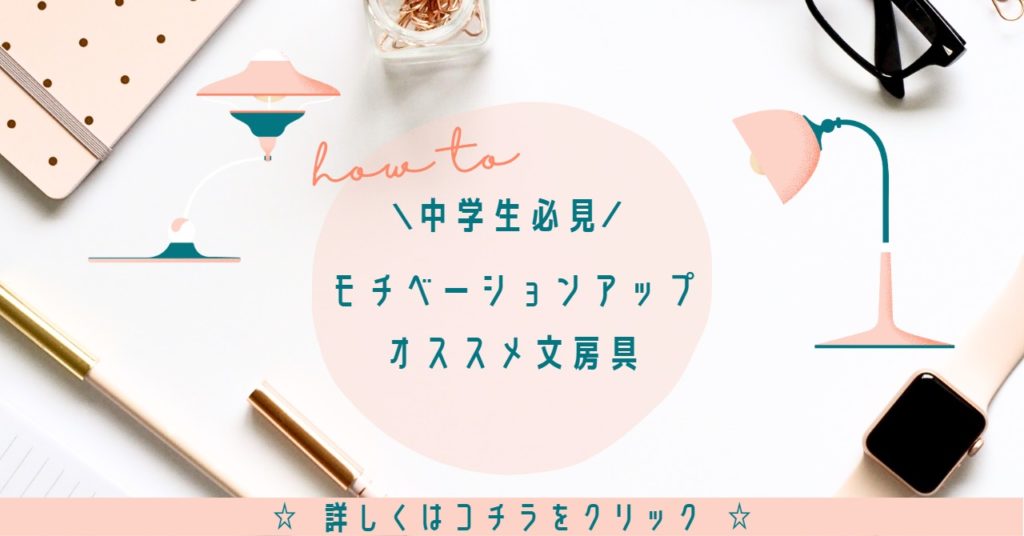
Unit5 Part4 重要事項の解説
One day, we learned about great people who changed the world such as Nelson Mandela, Princess Diana, and Mahatma Gandhi.
“one day”は「ある日」,“such as~”は「~のような,たとえば~」という意味でどちらも重要な表現です。
また,この文では「主格の関係代名詞」が使われていますね。別記事で解説しているのでそちらもご覧ください!
We agreed that we had to do something right away.
“agree”は「賛成する」という動詞ですね。対義語は“dsiagree”になります。
“agree with~”「~に賛成する」という形でもよく使われるので必ず覚えましょう!
“had to~”は“have to~”の過去形ですね。“right away”は「すぐに」という重要表現です。
Plastic bags have been banned in places such as Hawaii and Rwanda.
この文では「現在完了の継続用法」と「受動態」がセットで使われていますよ。”ban”は「~を禁止する」ですね。
We had the idea to ban them in Bali, too.
“to ban them in Bali”は「不定詞の形容詞的用法」で直前の“idea”を修飾していますよ。
From this idea, our movement was born.
“be born”で「生まれる」という重要表現です。必ず覚えましょう!
We called it “Bye Bye Plastic Bags,” and we gathered a team of local kids through social media.
“call A B”で「AをBと呼ぶ」という表現ですね。“gather”は「を集める」という動詞です。“local”は「地元の,地方の」という形容詞になります。
“through”は「~を通じて」という前置詞になります。必ず覚えましょう!
Next, we picked up plastic bags on the beach, gave presentations around Bali, and collected signatures at the airport.
“pick up”は「拾う,取る」という重要表現です。“give a presentation”で「プレゼンテーションを行う」となります。
“around”は「~のまわりで,~のあちこちで」という前置詞,“signature”は「署名」という名詞です。
As a result, the Governor of Bali finally promised to ban plastic bags in Bali.
“as a result”で「その結果,結果として」という重要表現です。
“promise to 動詞の原形”で「~することを約束する」となります。
The movement we started was a great success.
この文では「目的格の関係代名詞」が使われていますね。
“success”は「成功」という名詞です。
From this success, we learned that even kids can make a difference.
“even”は「~でさえ」といったニュアンスの副詞です。強調させたいときに使いますね。
“make a difference”は「違いを生む」という表現になります。
With only an idea and friends to help us, we have the power to change the world.
“with”は「~と一緒に」と訳すことが多いですが,イメージは「何かとセット,何かを持っている」という感じです。そのため今回は「~があれば」と訳しました。文に応じて柔軟に変えてあげましょう。
“only”は“even”と似ていて,強調させる役割を持っています。
“to help us”と“to change the world”は,それぞれ直前の名詞を修飾する「不定詞の形容詞的用法」です。
However, that was a problem we couldn’t solve so easily.
“however”は「しかし」という意味の副詞になります。
同じ意味で“but”がありますが,こちらは接続詞なので品詞が異なります。“but”は“文A,but 文B”というように,2つの文を繋ぐ際に使います。
“文A. But 文B.”というように,“but”を文の先頭に置いて1文だけで完結させるのは原則NGとなります。
“solve”は「解決する」という動詞ですね。
Instead, we decided to focus on something we use every day: plastic bags.
“instead”は「代わりに」という副詞です。“instead of~”で「~の代わりに」ともなります。
“decide to 動詞の原形”は「~することを決める」で,“focus on~”は「~を重点的に扱う,~に焦点を当てる」という重要表現です。
また,この文では「目的格の関係代名詞」が使われていますね。
最後の「:」は「コロン」と言い,簡単に言うと「つまり」という具合に直前の文章を補足します。コロンを使うときは,コロンの前は必ず文にしないといけない点に注意してください。
Unit5 Part4 まとめ
以上がUnit5 Part4の日本語訳となります。
この単元では「関係代名詞」や「不定詞」が多く登場します。非常に大切な文法なのでしっかり理解しましょう!
>中3Here We Go! Unit5 Part1 本文和訳
>中3Here We Go! Unit5 Part2 本文和訳
>中3Here We Go! Unit5 Part3 本文和訳
何か分からない点や他に解説してほしい点があれば,お気軽にコメントしてください!
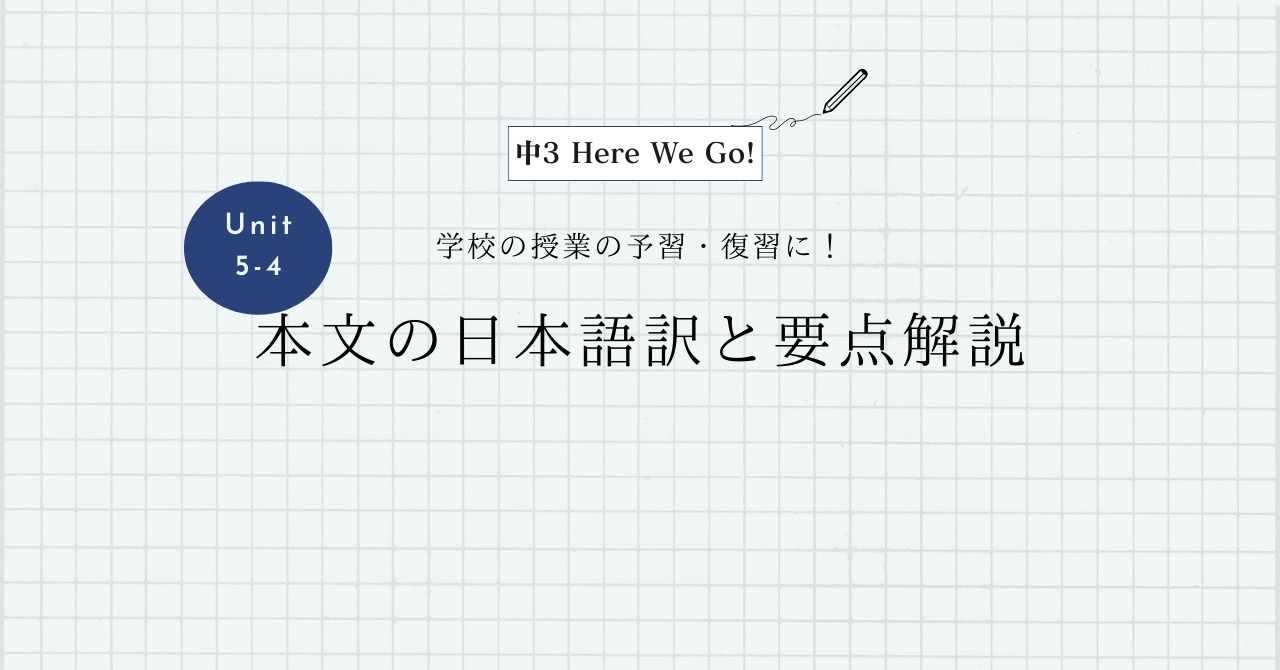
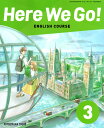

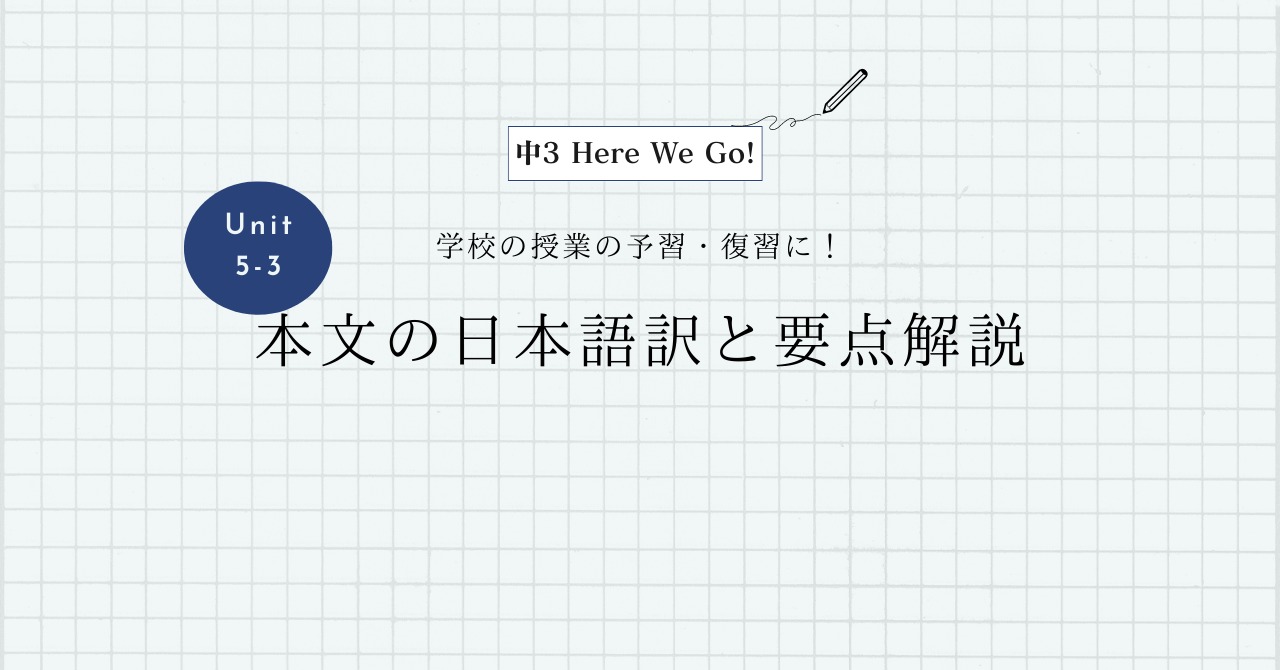
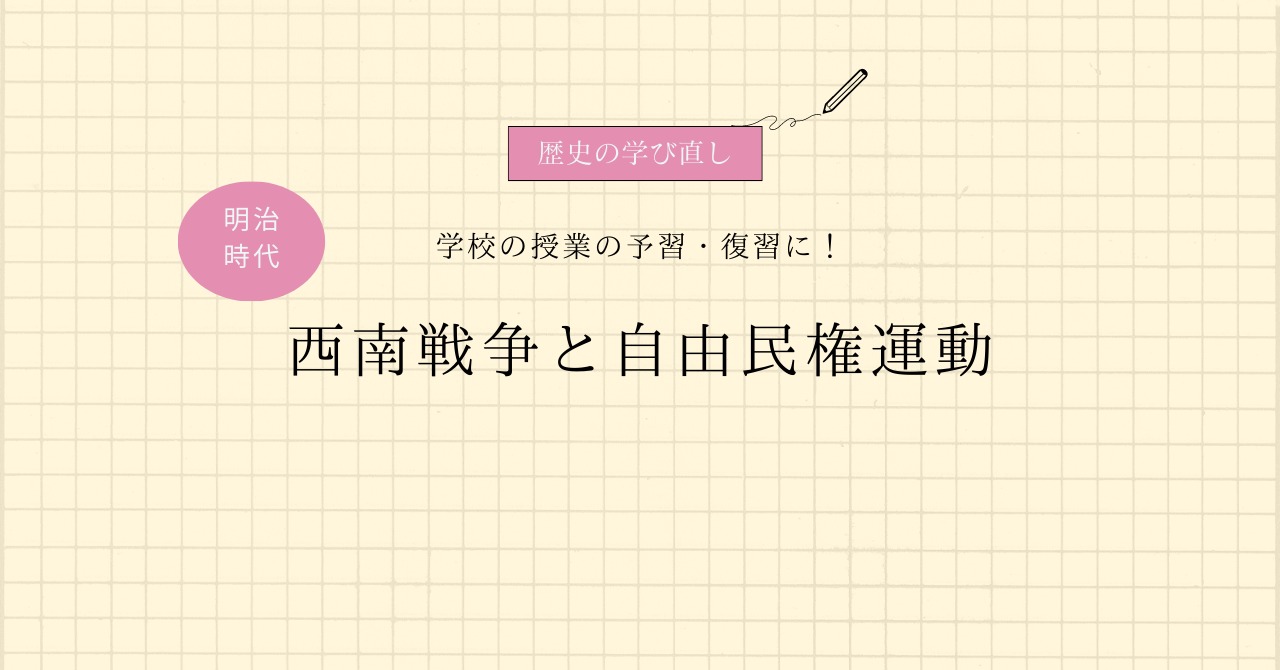
コメント